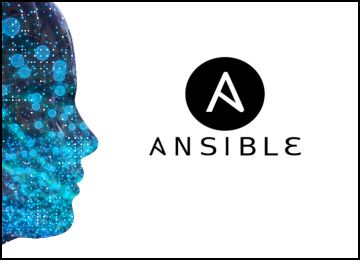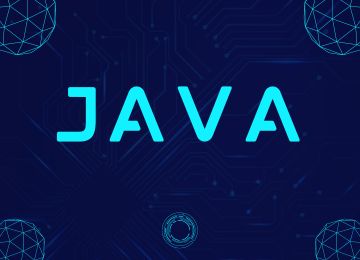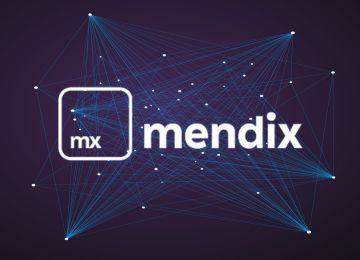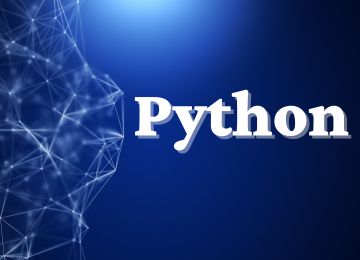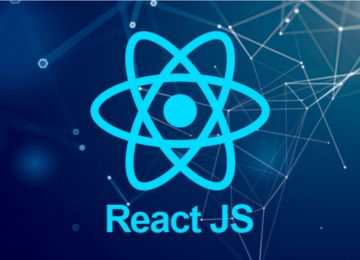
Scala online training in Hyderabad India
Scala is a high-level programming language that seamlessly blends object-oriented and functional programming paradigms. Running on the Java Virtual Machine (JVM), Scala offers a concise, expressive syntax and powerful features such as static typing, type inference, and interoperability with Java. Its functional programming capabilities include support for immutable data structures, higher-order functions, and pattern matching, enabling developers to write scalable and robust applications.
SNS Tech Academy offers comprehensive Scala online training in Hyderabad, India, catering to individuals keen on mastering this versatile programming language from the comfort of their homes. With a curriculum designed by industry experts, the training covers fundamental concepts, advanced techniques, and practical applications of Scala. Students benefit from interactive sessions, hands-on projects, and personalized guidance from experienced instructors, ensuring a deep understanding of Scala's features and best practices. Whether aspiring software engineers, data scientists, or professionals seeking to enhance their skill set, participants gain the knowledge and confidence to excel in the competitive tech landscape. SNS Tech Academy's Scala online training empowers learners to harness the full potential of this modern language, equipping them with the expertise needed to thrive in today's rapidly evolving software industry.
Scala Online Training course content :-
- Introduction to Scala Programming
- Scala and Java - which to use, when and why
- Overview of Scala development tools (Eclipse, Scalac, Sbt, Maven, Gradle, REPL, ScalaTest)
- Overview of Scala Frameworks
- Scala Syntax Fundamentals
- Data types
- Variables
- Operators
- Functions and lambdas
- Scala Statements / Loops / Expressions
- Extending Builtins
- Easy I/O in Scala
- Object-Oriented Programming with Scala
- Defining and using classes
- Companion objects
- val and def
- Exception Handling
- Inheritance and the Object Hierarchy
- Traits
- Packages and package objects
- Test-Driven Development (TDD) with Scala
- Writing good JUnit Tests
- Using ScalaTest
- Functional Programming with Scala
- What is functional programming?
- Pure & First Class Functions
- Anonymous Functions
- Higher Order Functions
- Currying, Closures & Partials
- Functional concepts & TDD
- Collections and Generics
- Java and Scala Collections
- Mutable and immutable collections
- Using generic types
- Lists, tuples and dictionaries
- Functional programming and collections
- map, fold and filter
- Flattening collections and flatMap
- The "For Comprehension"
- Pattern Matching with Scala
- Using "Match"
- Case Classes
- Wildcards
- Case Constructors & Deep Matching
- Using Extractors
- Serialization using Scala & XML
- Parsing XML
- Native Scala XML API
- Converting objects to and from XML
- Mini Project to test the awareness of the students
Advanced Scala Course Contents
- Working with Types in Scala
- Review of traits
- Structural types
- Self types
- Path-dependent types
- Covariance and contravariance
- Type bounds
- Functional Programming
- Tail Recursion
- Currying and Partial Function Application
- Closures
- Partial Functions
- Lazy evaluation
- Scala Collections
- Working with Streams
- Manifests and class tags
- Advanced Pattern Matching in Scala
- Deep Matching
- Using Extractors
- Scala Implicits
- Implicit arguments
- Implicit conversions
- Context and view bounds
- Type classes
- Functional Exception Handling
- Traditional exception handling
- A functional alternative
- Using Try with for comprehensions

